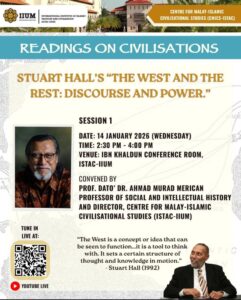Ethno-Semiotic Studies: Symbolic Meaning and Philosophy Surombasa Tradition Labuhan Kertasari Village, West Sumbawa Indonesia

Author (s) : Fidlia Mae Sarah
Institution : Department History Education, Sebelas Maret University, Indonesia
Category : Article, IJMMU
Topics : Semiotic; Suro’mbasa; Symbolic; Philosophy
This article aims to describe and analyze the meaning of symbols and philosophy of the Suro’mbasatradition. This research uses a type of qualitative research with an ethno-semiotic approach, which is a mixture of ethnographic and semiotic approaches. From the results of the research, it shows that 1) Historically, the Suro’mbasa tradition has been carried out since the occupation of the Labuhan Kertasari area by their ancestors from the Selayar tribe with the aim of spreading Islamic values to the people of Labuhan Kertasari Village. 2) Suro’mbasa tradition is classified into three, namely; based on the type, based on the time of implementation, and based on the implementation of traditional ceremonies. 3) Food offerings from the Suro’mbasa tradition are symbols and meanings of Islamic messages and values as provisions for humans to live life.
Article can be downloaded here >> https://ijmmu.com/index.php/ijmmu/article/view/6713/5449








